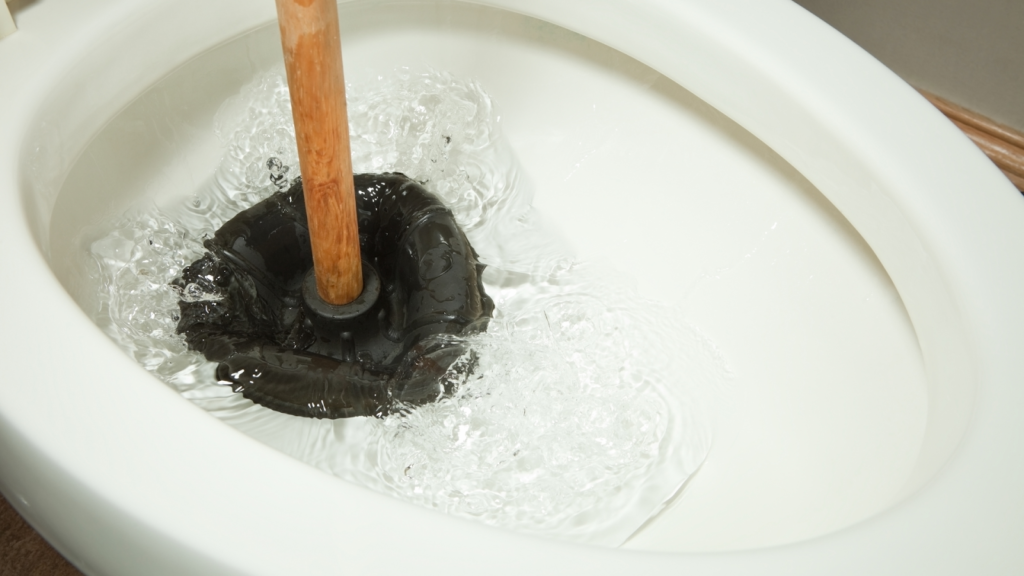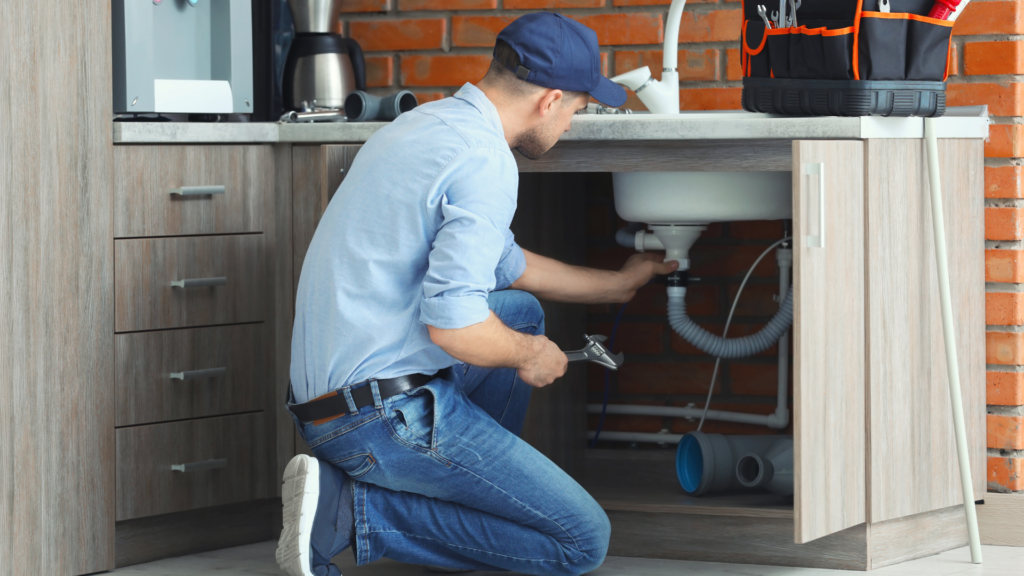Plumbing Tips | Advice to Consider
Plumbing is essential for every household, ensuring that all plumbing pipes function smoothly and efficiently is crucial. Here are some invaluable plumbing tips, tricks, and advice every homeowner should know!

1. Clog in Toilets and Sinks
Clogs are common problems in any household, whether in a toilet or a sink drain. Ignoring them will only make the issue worse. A common solution is to pour half a cup of baking soda followed by half a cup of vinegar down the drain. Wait for about 30 minutes, then pour boiling water down the drain. Additionally, a plunger can be effective, but remember different clogs require different plungers. Prevent future clogs by using a basket strainer to catch debris.
2. Avoid Tossing Chemicals and Other Items Down Drains
Grease and oil can build up over time, creating serious blockages. It might seem convenient to pour all liquids down the drain, but accumulated grease will eventually cause headaches. Similarly, avoid flushing anything other than toilet paper and bodily waste down the toilet. Items like hygiene products, prescription medication, and floss can lead to costly and time-consuming repairs.
3. Address Leaks Promptly
Leaks are a constant issue and can significantly impact your water bill. To identify leaks, check your water meter when no water is being used and a few hours later (still with no water being used). If the meter has changed, you have a leak. Identify the source by shutting off water valves or call a plumber if it’s too difficult. Repairing leaks immediately is crucial — for example, a leaky toilet can increase water usage by over 40%!
4. Conserve Water Usage
Being conservative with water use is vital. Long showers and leaving faucets running wastes a lot of water. Simple changes like using a timer to control hot water use can pay for itself quickly. Encourage family members to take shorter showers instead of baths. While a hot bath uses 15-25 gallons, a 5-minute shower uses less than 10 gallons. Address both obvious and less apparent sources of water waste for better conservation.
5. Implement Modern Technologies
Consider installing a solar water heater if you live in a warm and sunny climate. Natural gas, oil, and propane water heaters might be more economical if you use electric heating. When purchasing gas and oil-fired water heaters, consider both safety and energy efficiency to prevent back-drafting. Check septic systems at least twice a year. Using biodegradable soaps can also help conserve water. A spring-loaded timer on your outdoor faucet can prevent over- or under-watering your garden.
6. Prevent Plumbing from Freezing
In colder climates, freezing pipes can be a major problem. Ensure an air circulation system keeps home temperatures above 15 degrees Celsius. Insulate pipes, especially those outside or in cold areas. Improve air circulation in rooms that get chilly. These measures can prevent frozen pipes and save you significant repair costs.

7. Increase Your Knowledge of Home Plumbing
Knowing your home’s plumbing system is crucial. Identify the main water valve and understand how to shut it off in case of emergencies. Recognize the layout of your pipes and septic system. Understanding troubleshooting techniques can minimize damage until professional help arrives. Being prepared can save you hundreds of dollars in potential damages.
8. Routine Maintenance Checks
Regular maintenance checks can prevent many plumbing issues. Inspect your plumbing system periodically for leaks, wear, and signs of damage. Early detection can often prevent more severe problems down the line. Schedule professional inspections annually to ensure everything is in good working order.
Conclusion
By following these tips, you can ensure that your plumbing system runs efficiently, saving you time, money, and stress. Preventative measures and regular maintenance are key to avoiding major plumbing issues.
Our Reviews On Google
FAQs About Causes of Basement Flooding
Heavy rains can overwhelm drainage systems and saturate the ground, leading to water seepage through cracks in the foundation or poorly sealed windows and doors.
A sump pump failure during periods of heavy rainfall or snowmelt can result in water accumulation in the basement, as it’s unable to pump out excess groundwater effectively.
Sewer systems can become overwhelmed during heavy rains, causing sewage to back up into basements through floor drains or toilets, leading to contamination and water damage.
Inadequate grading around the foundation or clogged gutters and downspouts can cause water to pool near the basement walls, increasing the risk of water infiltration during wet weather.









